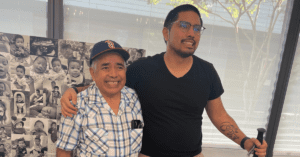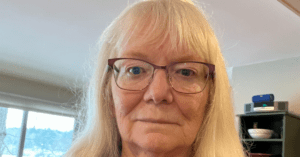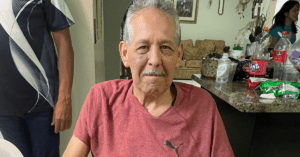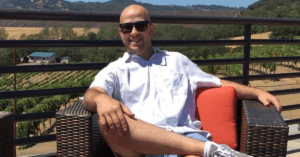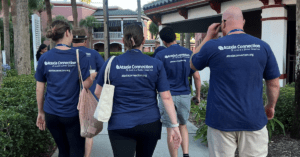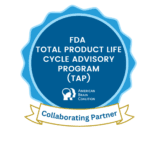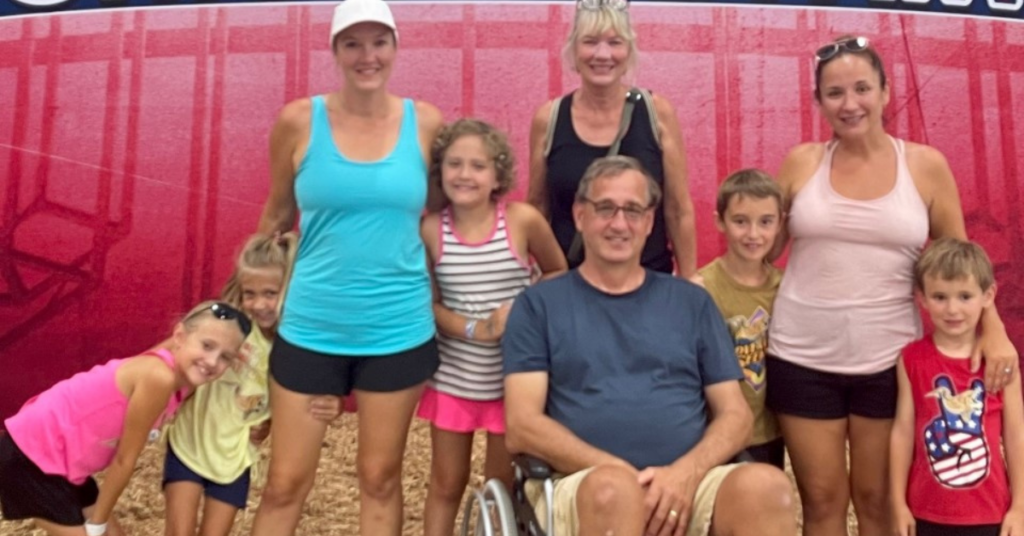
Family planning when faced with a hereditary disease can create difficult decisions. Read about one woman’s remarkable journey of courage, hope, and determination in the face of adversity. Jessica shares her experience utilizing in-vitro fertilization preimplantation genetic diagnosis (IVF PGD) to start a family free from the shadow of Ataxia. Discover how knowledge transformed her perspective and empowered her to live life to the fullest, serving as an inspiration to all those seeking hope amidst life’s challenges.
Discovering Ataxia
It was the year after her wedding, when she was 25 and thinking about starting a family, that Jessica Oberlin first heard of Ataxia.
Specifically, it was when her dad sat her down and shared that there was a disease in their family and she had a 50% chance of having it.
It all clicked.
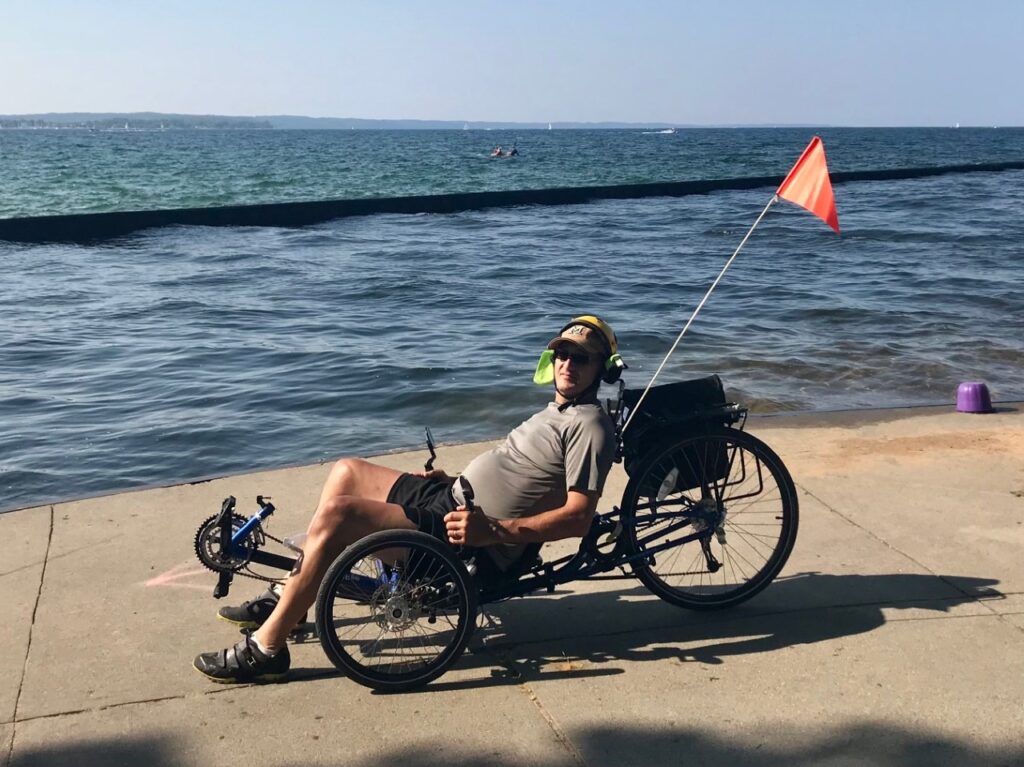
Recently, she had noticed her dad was struggling with his balance. And she remembered childhood family reunions when her paternal grandmother was completely dependent on her wheelchair.
“I always thought she was just old. And then, after that talk with my dad, I realized it was because of Ataxia,” Jessica recalls.
Her dad’s admission was spurred after years of his own doubt about how to best inform his four children that they could have inherited the SCA3 gene from him. It was Jessica’s announcement that she and her husband Matt wanted to start a family that compelled her dad to talk about Ataxia.
Facing the Odds: Jessica's 50% Chance of Inheriting Ataxia
For Jessica, it was a challenging time. “We were ready and excited to start a family – and this put everything on hold.”
She spent months telling herself that she didn’t have the gene – “I look nothing like my dad, so I can’t have it,” she remembers thinking.
After meeting with a genetic counselor, who, in her words, “was just phenomenal,” Jessica decided to undergo genetic testing to remove the doubt and know, officially, if she was a carrier of the SCA3 gene.
The test came back positive.
Choosing Hope: IVF PGD as the Path to Parenthood
So, symptom-free and determined to stop the family legacy of Ataxia, Jessica and her husband chose to use in-vitro fertilization preimplantation genetic diagnosis, or IVF PGD, to start their family.
In IVF, an egg is removed from the woman’s ovaries and fertilized in a laboratory. Then the fertilized egg, called an embryo, is returned to the woman’s womb to grow. With the addition of PGD, Jessica and her husband tested the embryos for SCA3 before implantation, so only embryonic cells without the mutation were transferred.
The process was a success, and today, Jessica is a mom to three healthy and vibrant girls.
“That decision stopped Ataxia in my family lineage,” she explains. “It will never continue. I will never have to worry about my kids or grandkids inheriting the disease, like my dad did. I know it was hard for him, worrying if he passed the disease on to us. I’m so grateful that I won’t have to worry about that.”
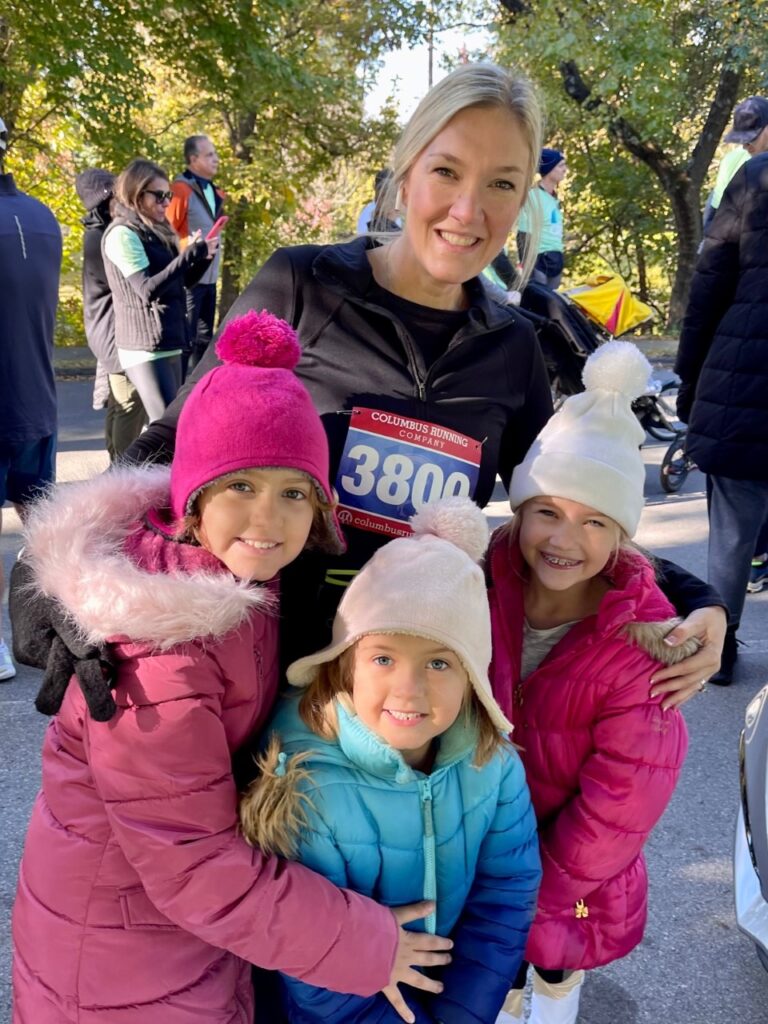
Finding Strength in Community
When she was first diagnosed, Jessica felt alone.
Fortunately, her parents had already been involved with the National Ataxia Foundation. They had attended NAF’s Annual Ataxia Conference, looking for guidance on how to talk to their children about this genetic disease.
Now, Jessica goes to the NAF conference every year, and she’s even spoken about family planning at a few of them. “I see all the wheelchairs and walkers at the banquet; go to the break-out sessions; hear amazing stories of people fighting the disease; meet people who have had their kids the same way I did – it’s so nice to know there’s a community out there.”
In the ten years since that first conversation, Jessica has committed herself to supporting the fight against Ataxia.
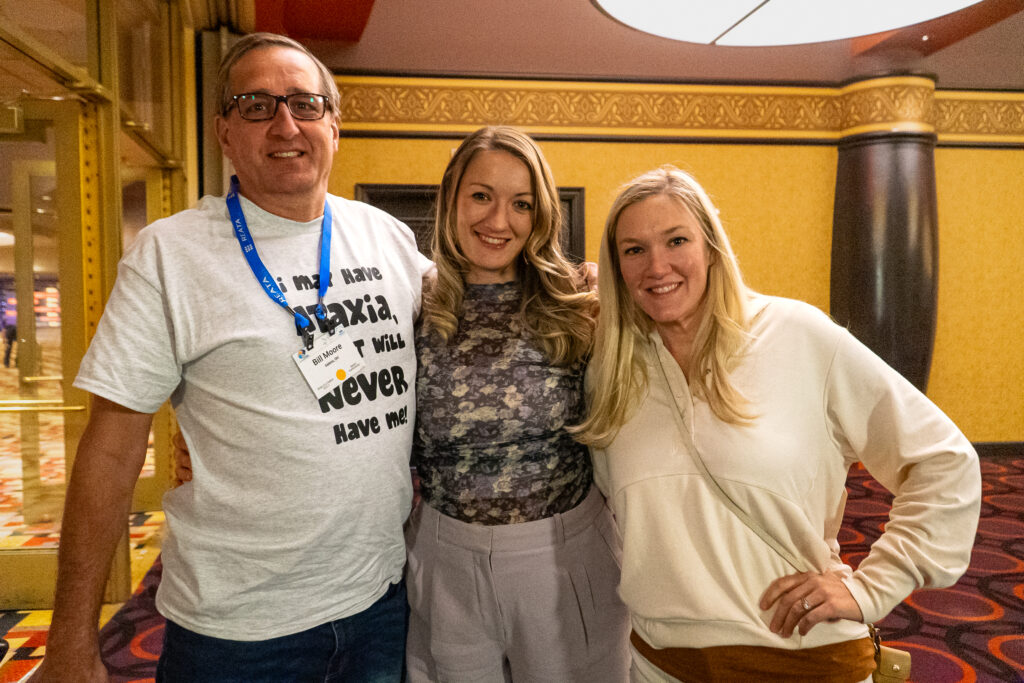
“I am pre-symptomatic, and in our family, the age of symptom onset seems to stay the same, which means I will most likely start experiencing mild symptoms in my mid-40s to early-50’s,” Jessica said.
“If there is not a cure by then, I will have this disease. And that’s why I sign up for anything I can to help.”
She’s committed to learning everything she can about Ataxia and helping others in the process. She’s signed up for studies so scientists can collect data about people with SCA3, including a 5-year study that required multiple spinal taps and MRI’s.
“I’ll be a guinea pig – sign me up,” she laughs. “They need data for treatments to come to market, and if I can help get my own cure, I’ll do everything I can.”
Embracing the Present with Determination
Jessica understands that some people don’t want to do genetic testing; among her siblings, three chose to undergo testing while one has not. While acknowledging that it’s not right for everyone, Jessica believes that for her, knowledge is power.
“Knowing I have Ataxia has changed my life in many ways – and most of them are positive. I live each day more fully. I am grateful for my body and what I’m able to do today.”
Today, Jessica says she’s the healthiest she’s been, as she has gotten more into fitness and running. “When I’m running and everything’s hurting, I tell myself, ‘I won’t be able to do this one day’ – and it pushes me to do more.”
And while Jessica enjoys the physical challenge, she also has another motivation for her continued physical efforts: “I want my girls to have memories of me running and moving and feeling good in my body. I want them to remember me as an active mom.”
“I have to do everything I can while I can,” Jessica continues. “I want my daughters to see me making the most of my life – both by being active and fighting for something that can change lives.”
“When I first got the positive diagnosis, I thought it was the worst thing that had ever happened to me,” she recalls.
With a small smile on her face, she continues, “Today, I don’t think that. Today, I see it as a blessing. Sometimes that terrible knowledge of what the future can hold – it’s actually not so terrible. Knowing what’s in your future can help prepare you – and encourage you to enjoy today more.”
Read Other Member Stories
Read Our Latest Blogs
Ataxia Tips
Ataxia Tips Real advice from real people living with Ataxia. SUBMIT A TIP RECENT TIPS FOLLOW #AtaxiaTipTuesday Living with Ataxia means adapting every day—and sometimes, it’s the little tips that Read More…
Disability Services and Financial Planning
Disability Services and Financial Planning Information and resources on disability services and financial planning for people impacted by Ataxia. What is Disability? What are Disability Services? Disability is broadly defined Read More…
Artisans for Ataxia
Artisans for Ataxia A virtual art auction that showcases original, handcrafted works to raise funds and awareness for Ataxia. DONATE ARTWORK HOW THE AUCTION WORKS CONTACT US Artisans for Ataxia Read More…


